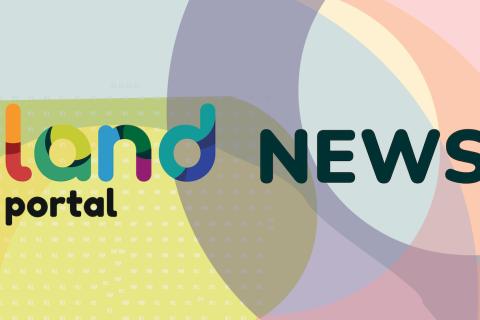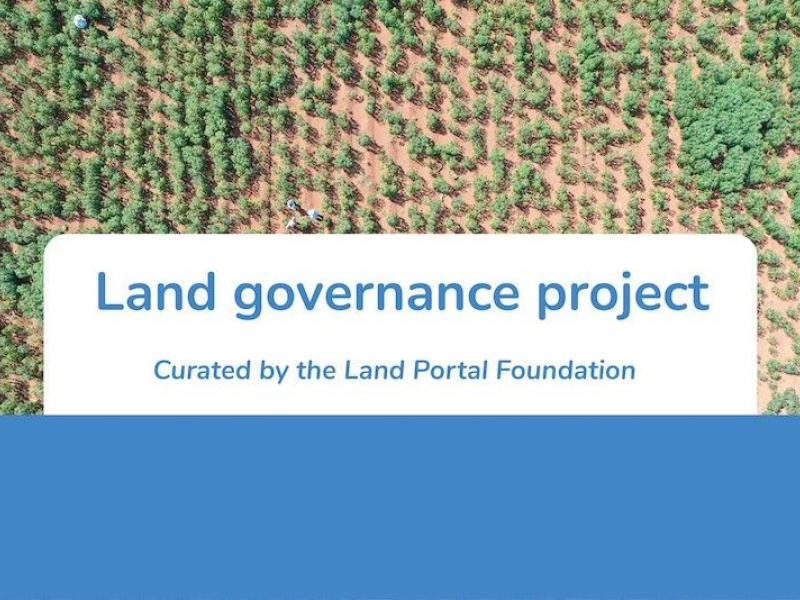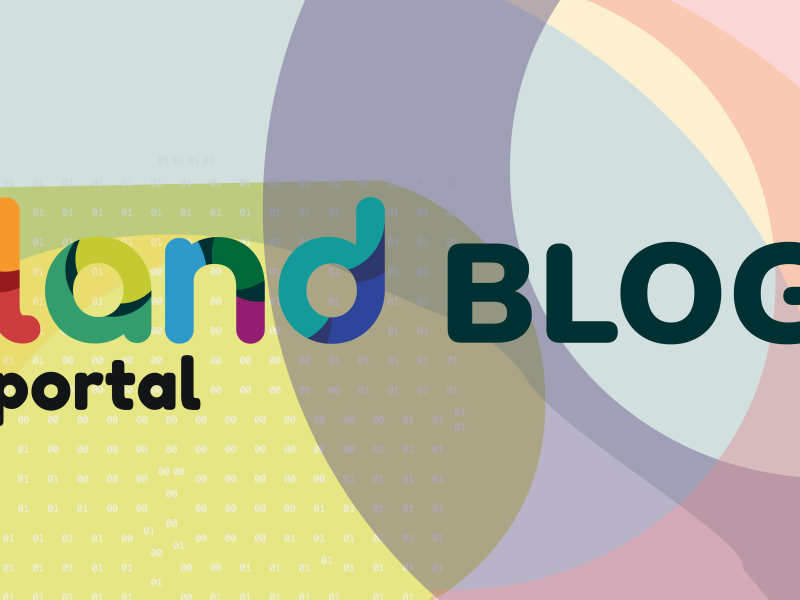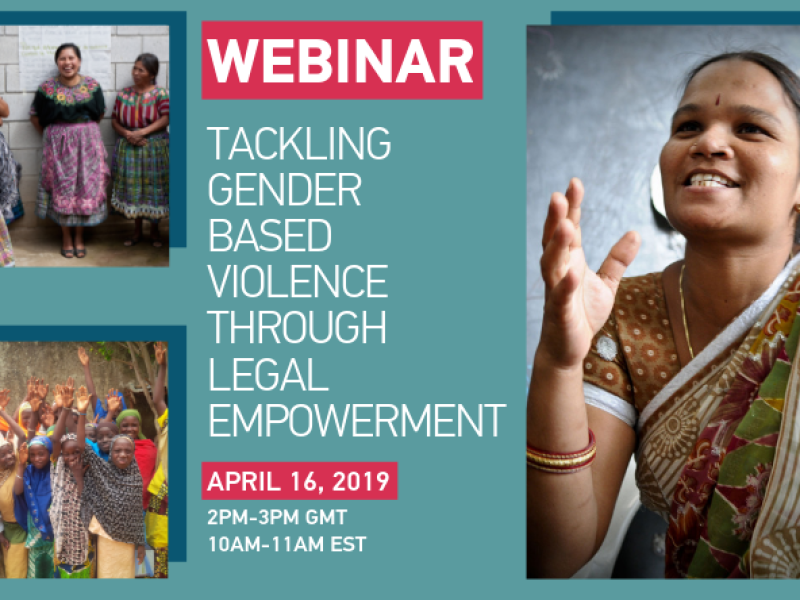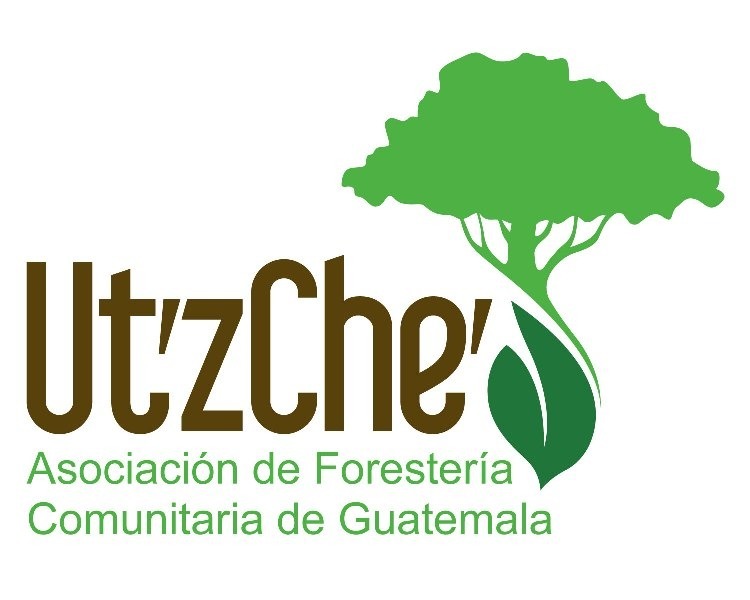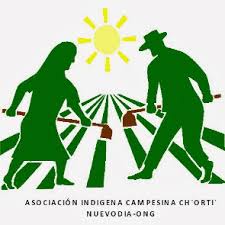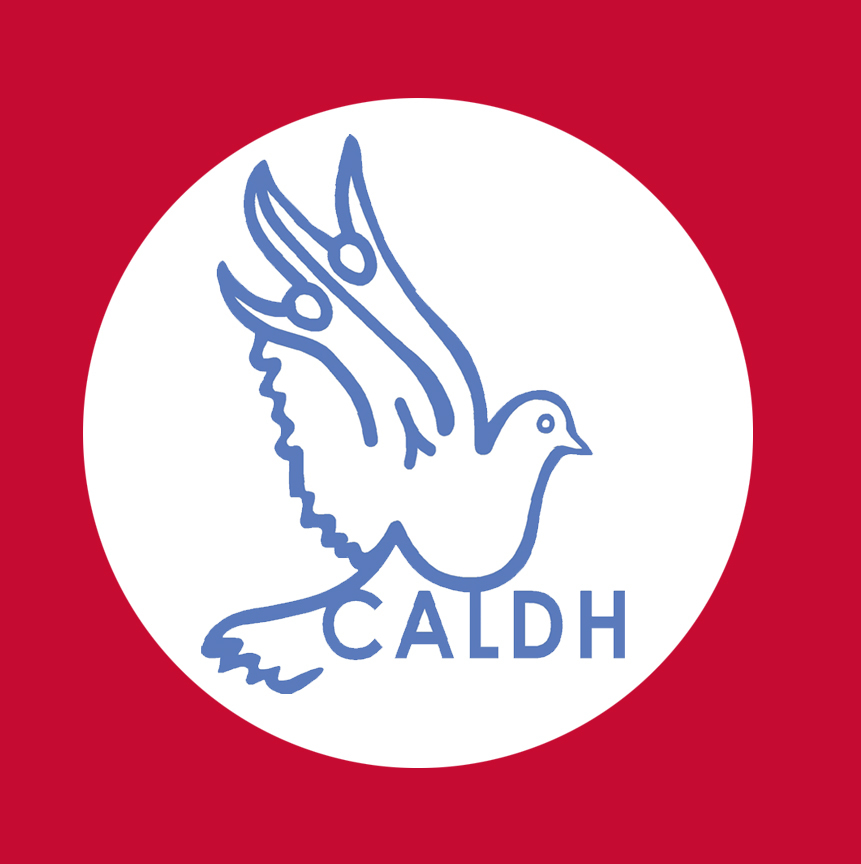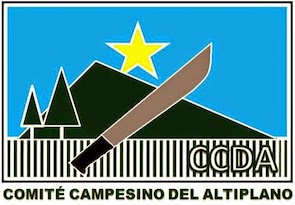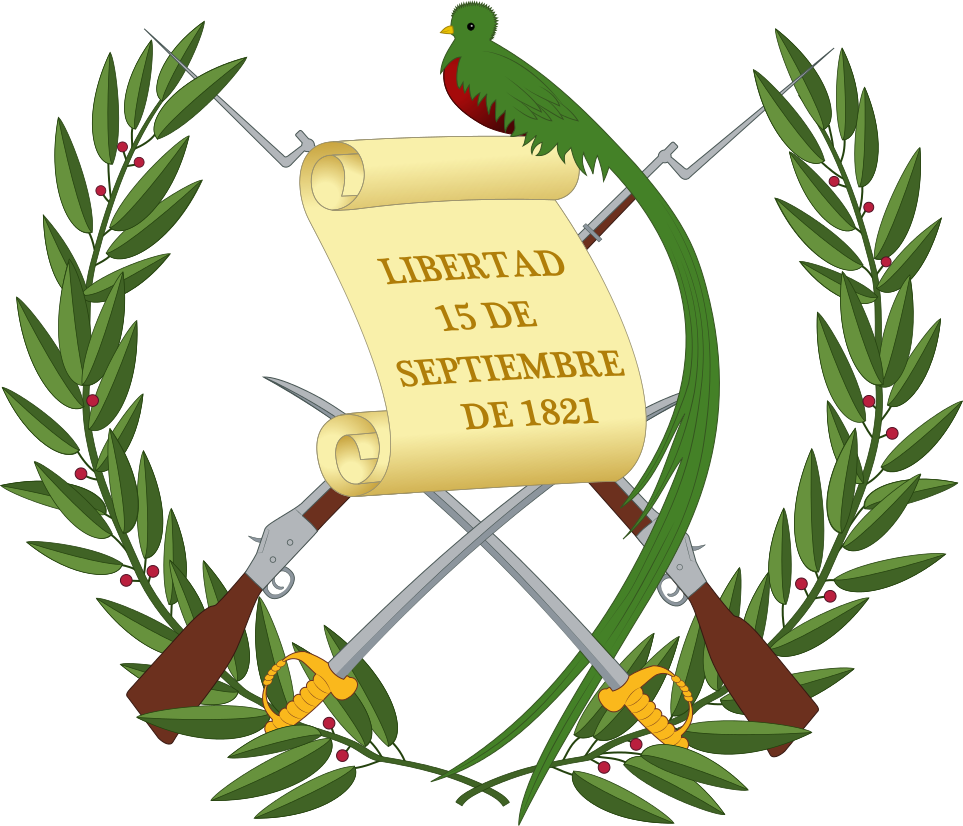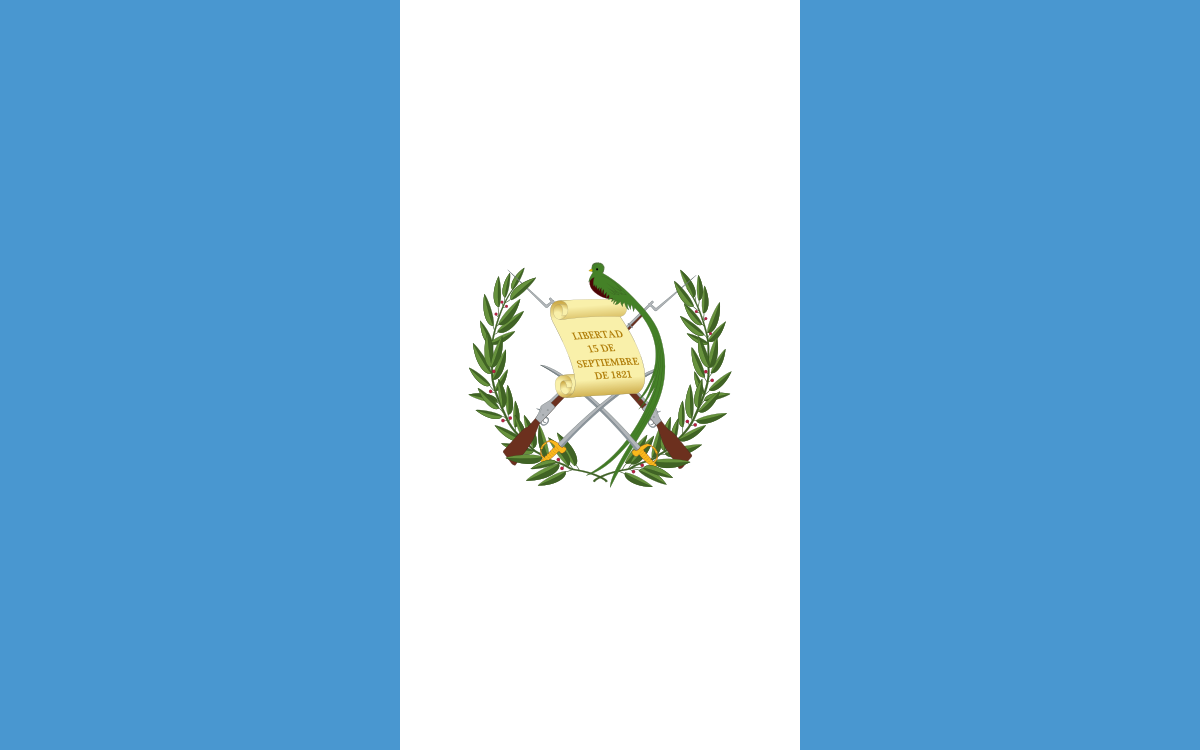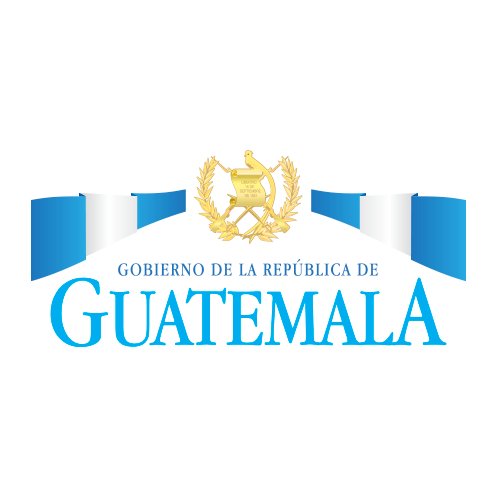In the indigenous Náhualt language, Guatemala means land of many trees. Today, the country retains its predominantly rural character, occupying most of its 108,888 km2 . Located in Central America, it borders Mexico, Belize, Honduras and El Salvador, and its coasts are washed by the Caribbean Sea in the east and the Pacific Ocean in the west. Known as the cradle of Mayan culture, 43% of the population self-identifies as indigenous, belonging to the Mayan, Xinca and Garifuna peoples. Although it should be noted that this percentage, based on self-identification, could be questioned considering that discriminatory policies caused many indigenous people to assimilate as "ladinos". Despite being considered the largest economy in Central America, poverty and inequality rates are among the highest in the region and particularly affect the rural and indigenous majority.
Socio-economic indicators
browse all
Land Area
10,716,000 ha
GDP/Capita
8,926.7 USD
Total population
17,109,700
Urban population
51.1 %
Land-related indicators
browse all
NewsBrowse all
16 December 2019
Bernardo Caal is an indigenous Q’eqchi leader from Guatemala currently serving a seven year prison sentence. His crime? Defending the Cahabón River, one of the largest in the country, against two hydroelectric dams.
The river is of plays a central role in the lives of 195 Q’eqchi communities in…
03 May 2019
BOGOTA (Thomson Reuters Foundation) - Guatemala’s subsistence farmers and indigenous people living in poor rural communities are most affected by rising temperatures and unpredictable rainfall linked to climate change, a leading researcher said on Friday.
Poverty makes the Central American country…
07 February 2019
Death of Jakelin Caal in US custody highlights how land conflicts and displacement fuel flight from indigenous villages.
San Antonio Secortez & Guatemala City - The plantations' outer edges begin fewer than 20km from where seven-year-old Jakelin Caal is buried. The deep green rows of oil palm…
Some authors criticize that the constitutional recognition of indigenous lands does not include the concept of "peoples", which implies talking about lands but not territories - a broader term suggesting indigenous self-government - and thus reduces indigenous peoples to communities dependent on the state.
BlogsBrowse all
14 February 2022
El tema de este boletín lleva un tiempo en efervescencia. La primera vez que me enteré del tema de la microfinanciación en relación con la pérdida de tierras fue hace casi dos años, a través de una presentación de un estudiante en la Chiang Mai University (Universidad de Chiang Mai).
Desde…
EventsBrowse all
Worldwide an estimated one in three women has experienced physical or sexual abuse in her lifetime, while one in five women has been sexually abused as a child. Gender-based violence (GBV) is a profound global crisis, one which our movement is working to tackle head on.
On April 16, you’re invited…

